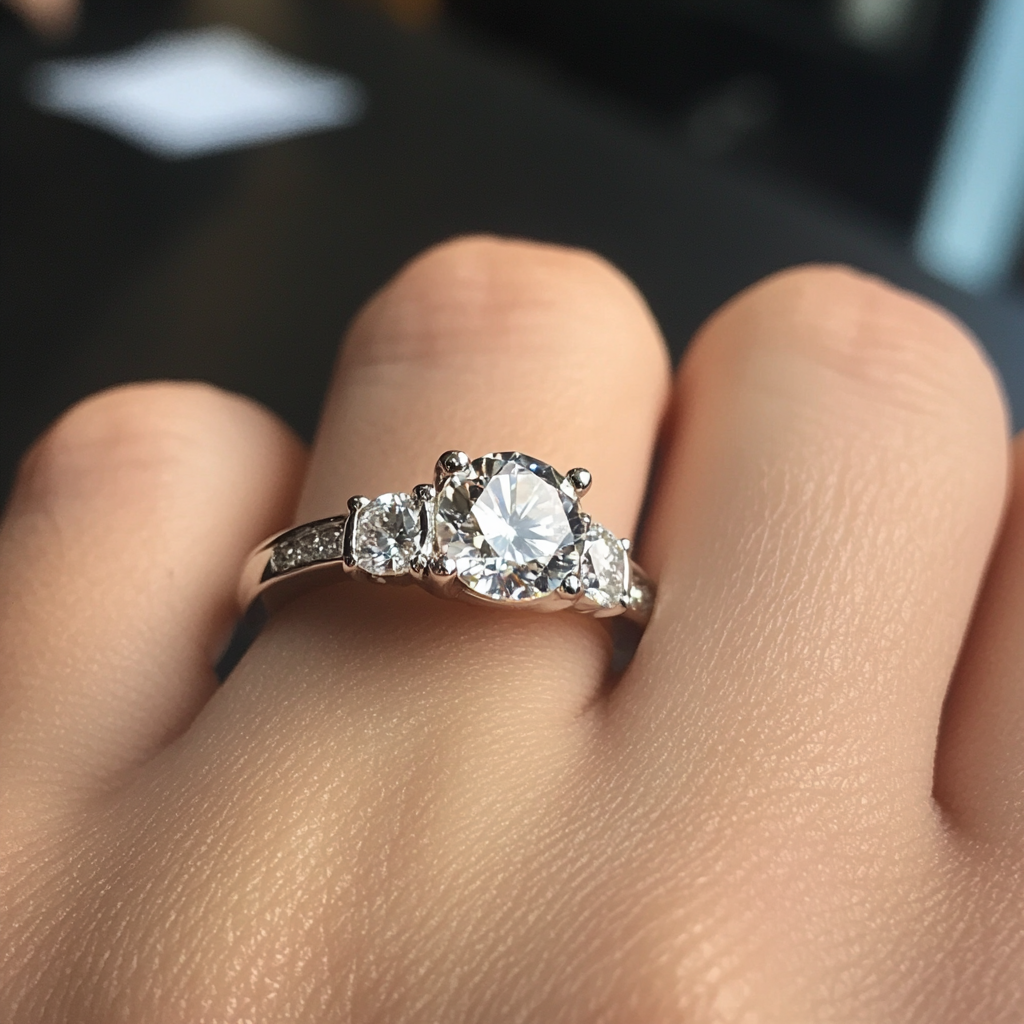havernell
Brilliant_Rock
- Joined
- Nov 10, 2006
- Messages
- 571
I am not in the market for a diamond, so this post is mostly a think piece/ conversation starter.
A lot of posters on here warn shoppers against buying an EGL stone because "EGL is known to be less strict in their grading". This means that, in theory, if EGL would grade a stone G VS2, then GIA/AGS would grade the same stone as H SI1. For sake of conversation, we'll set that as a given.
However, the flip side to this is that EGL stones also cost less. A quick search on the Whiteflash website reveals that a 1 ct G VS2 EGL diamond costs about $5,000. Meanwhile, a 1 ct H SI1 GIA diamond is also about $5,000.
So, if that EGL diamond is "really" an H SI1 instead of a G VS2, you are still getting the same grade of diamond for the same price (assuming you can get similar cut proportions, which I don't think there is any reason to believe you could not as long as you were willing to put in the time to do a good search- there are certainly EGL stones that score well on the HCA).
So, if you are essentially getting the same stone for the same price, why is EGL so "bad"?
The only real difference I can see is that EGL stones don't qualify for upgrades under some vendors policies and also don't have as good a resale value. However, lots of people neither want to upgrade or sell, so for them, is a nice EGL stone really as horrible as some posters here make them out to be?
As Linda Richmond from SNL would say- "discuss!"
A lot of posters on here warn shoppers against buying an EGL stone because "EGL is known to be less strict in their grading". This means that, in theory, if EGL would grade a stone G VS2, then GIA/AGS would grade the same stone as H SI1. For sake of conversation, we'll set that as a given.
However, the flip side to this is that EGL stones also cost less. A quick search on the Whiteflash website reveals that a 1 ct G VS2 EGL diamond costs about $5,000. Meanwhile, a 1 ct H SI1 GIA diamond is also about $5,000.
So, if that EGL diamond is "really" an H SI1 instead of a G VS2, you are still getting the same grade of diamond for the same price (assuming you can get similar cut proportions, which I don't think there is any reason to believe you could not as long as you were willing to put in the time to do a good search- there are certainly EGL stones that score well on the HCA).
So, if you are essentially getting the same stone for the same price, why is EGL so "bad"?
The only real difference I can see is that EGL stones don't qualify for upgrades under some vendors policies and also don't have as good a resale value. However, lots of people neither want to upgrade or sell, so for them, is a nice EGL stone really as horrible as some posters here make them out to be?
As Linda Richmond from SNL would say- "discuss!"




300x240.png)